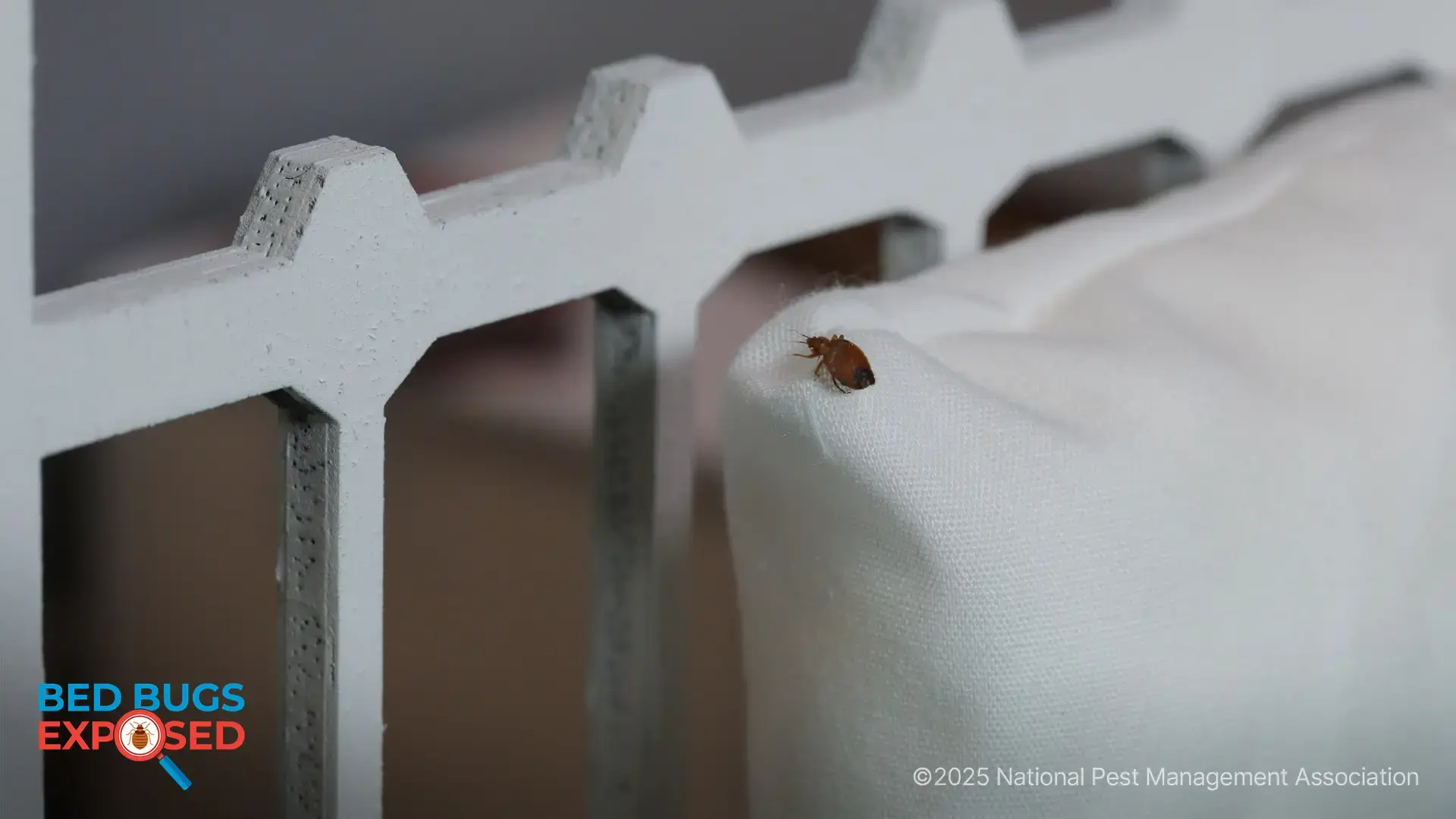Pest Control Advice When Buying a New Home
Take Proper Pest Prevention Before Signing on the Dotted Line

Few things are more exciting than purchasing a home, and to ensure the process goes smoothly, certain steps must be taken. Aside from any cosmetic updates you may want to make to your new residence, it’s important to also account for any problems that may not be visible to the naked eye. One such problem is a termite infestation. This is why a new home pest inspection is so important.
Termites, commonly referred to as “silent destroyers” for their ability to voraciously chew through wood, flooring and even wallpaper undetected, cause more than $5 billion in property damage each year, which is typically not covered by homeowners insurance. Before signing on the dotted line, prospective buyers should always request a termite inspection, commonly referred to as a wood destroying organism (WDO) inspection, by a licensed pest control professional to avoid getting stuck with costly repairs after the deal is done.
While a standard home inspection assesses the physical structure of a home from the roof to foundation, a termite new home inspection focuses on detecting the telltale signs of termite damage, as well as conditions conducive to infestations, such as cracks, crevices and moisture. Once completed, the pest control professional will issue a new home pest control report and recommend a course of action. When touring a new home, experts recommend keeping an eye out for the following signs that could mean a termite infestation is hiding in plain sight:
-
Presence of large numbers of flying termites (often confused with flying ants)
-
Mud shelter tubes (used by termites to reach a food source)
-
Damaged wood containing mud or dirt
-
Discarded wings near doors or on windowsills
-
Wood that sounds hollow when tapped
-
Blistered paint on wooden surfaces
-
Small piles of pellets near or underneath damaged wood
While the above are signs of an active termite infestation, it’s important that prospective homebuyers are also aware of situations that could be attracting termites to the home. When touring a property, here are some additional things to keep an eye out for, and how to mitigate their effects should you move forward with purchasing:
Firewood
Many homeowners keep firewood stacked against their home for easy access. However, this can actually draw termites toward the home and provide a point of entry.
- Tip: Keep firewood and woodpiles at least 20 feet away from the home and store wood on raised platforms at least 5 inches from the ground.
Gutters
Termites are attracted to moisture, and clogged gutters can cause water to pool and make insulation vulnerable to termites.
- Tip: Divert rainwater away from the foundation with down-spout extenders, and install splash blocks to prevent water from pooling and attracting termites.
Stumps
While it may seem easier to leave a tree stump in your yard, rotting wood can serve as termite fuel and eventually result in termites entering the home.
- Tip: Have a professional service remove any excess wood from your property.
Mulch
Mulch is frequently used against the foundation of a home, and can serve as a source of food and moisture for termites.
- Tip: Minimize the usage of wood mulch and keep it at least 15 inches from the home’s foundation. Monitor existing mulch for any signs of termite activity, especially below the surface.
Branches
Tree limbs and leaves that come in contact with the roof or the home’s exterior can provide a pathway for termites to enter the home.
- Tip: Trim back any branches or shrubbery to ensure nothing is touching the home.
Due to termites’ incredibly destructive nature, prospective homebuyers should take steps to detect and prevent an infestation. No matter what side of the housing market you’re on, it’s important to get a new home pest control inspection. We recommend you contact a licensed pest control professional to assess and treat a termite infestation before it escalates into an expensive and irreconcilable problem.

Learn About Rodents
Rodents invade millions of homes each winter. Learn more about them!

NPMA's Bug Barometer Forecast
The latest Bug Barometer® forecast from the National Pest Management Association reveals what homeowners across America can expect from pest activity this fall and winter.

NPMA's Bed Bugs Exposed Project
Check out NPMA's Bed Bugs Exposed project to learn more about this hitchhiking pest and how to prevent an infestation at home.
Find a PEST PRO in your area

Learn About Rodents
Rodents invade millions of homes each winter. Learn more about them!

NPMA's Bug Barometer Forecast
The latest Bug Barometer® forecast from the National Pest Management Association reveals what homeowners across America can expect from pest activity this fall and winter.

NPMA's Bed Bugs Exposed Project
Check out NPMA's Bed Bugs Exposed project to learn more about this hitchhiking pest and how to prevent an infestation at home.
